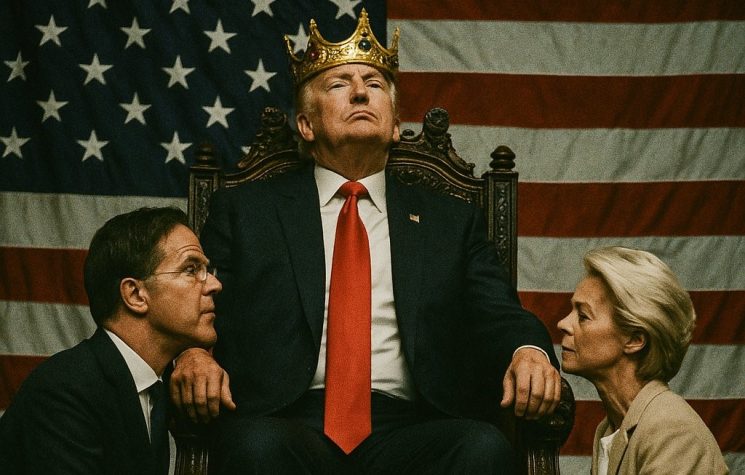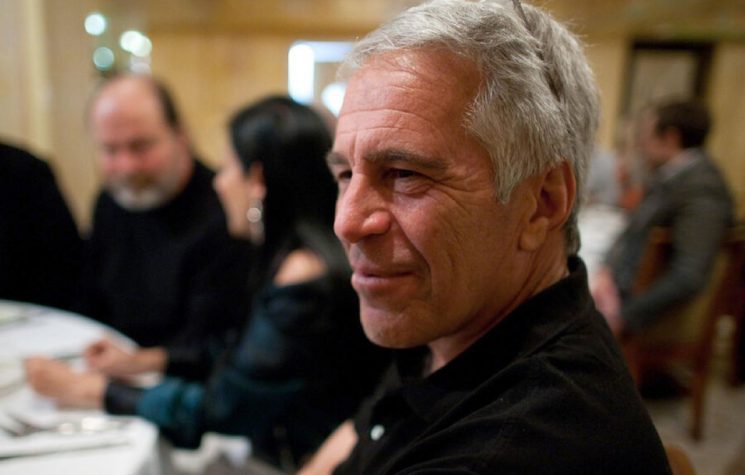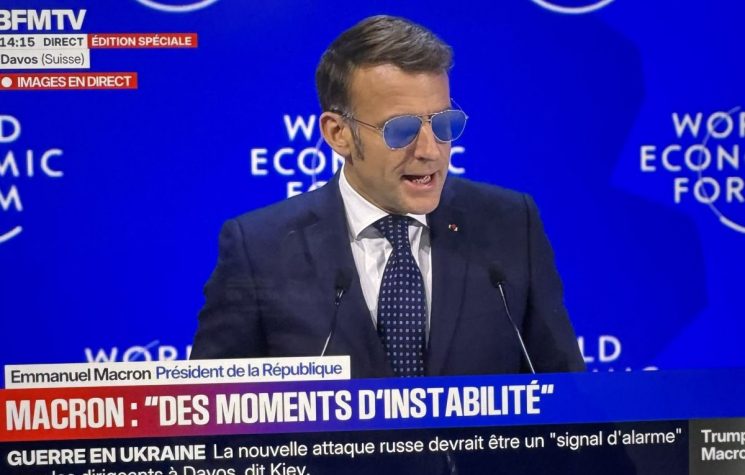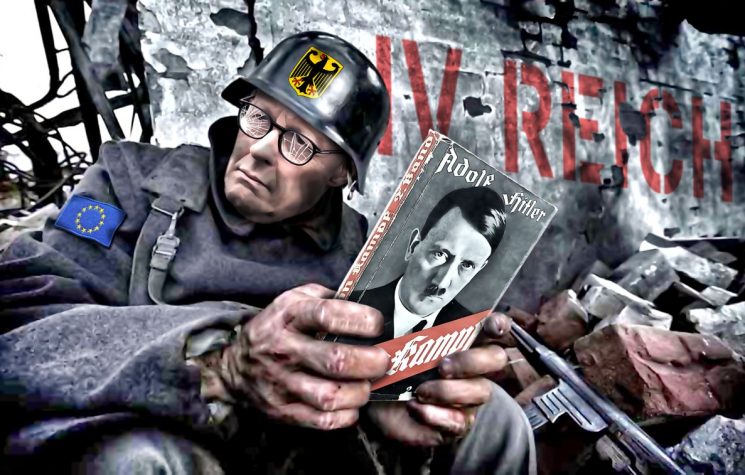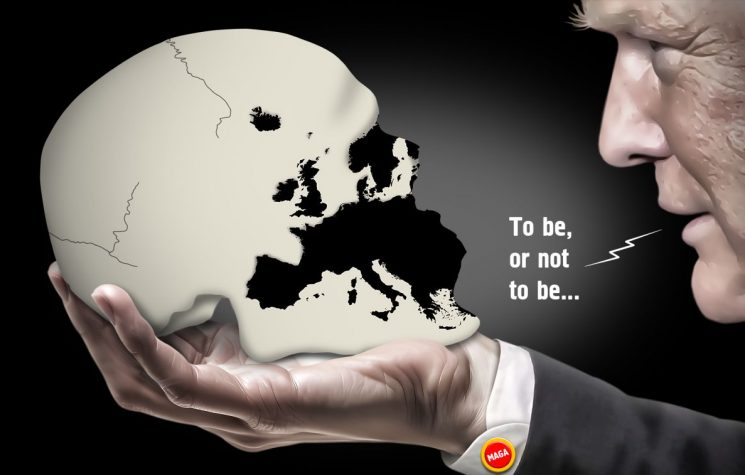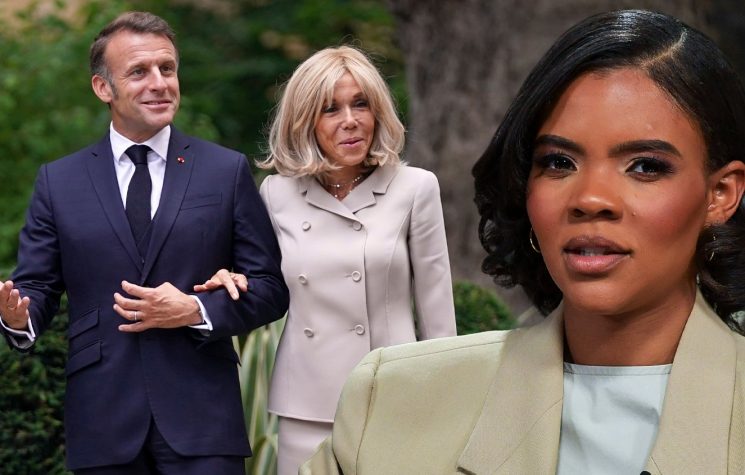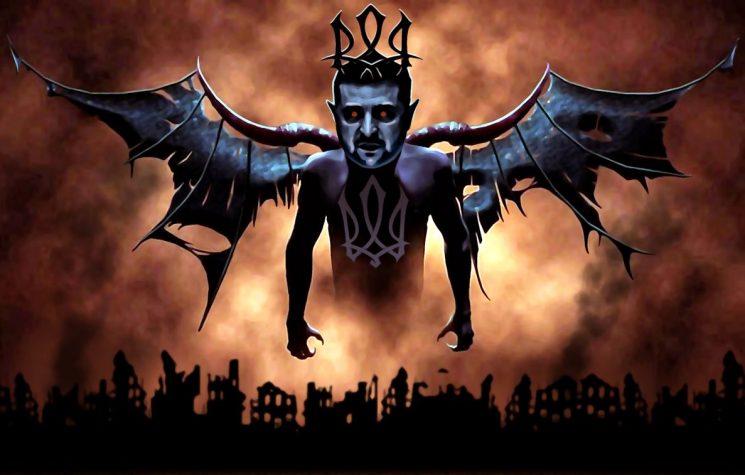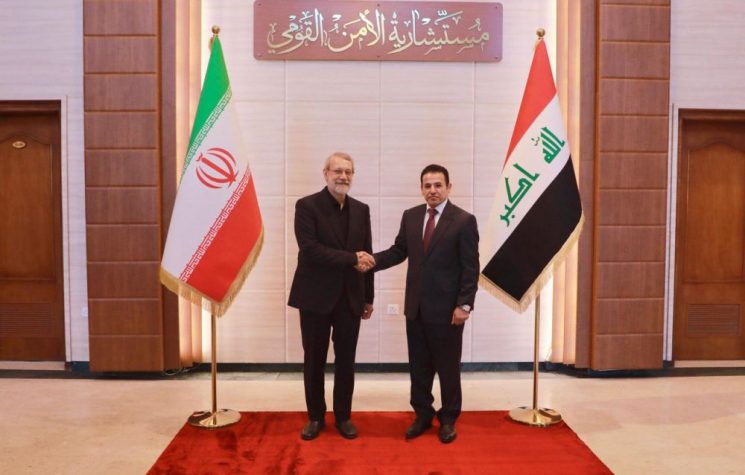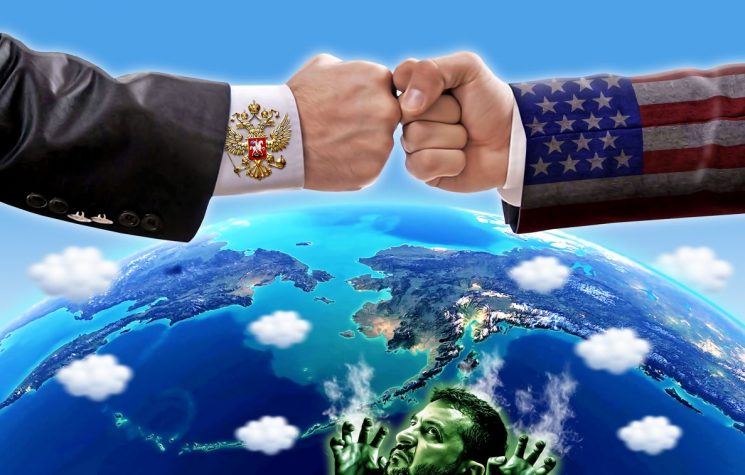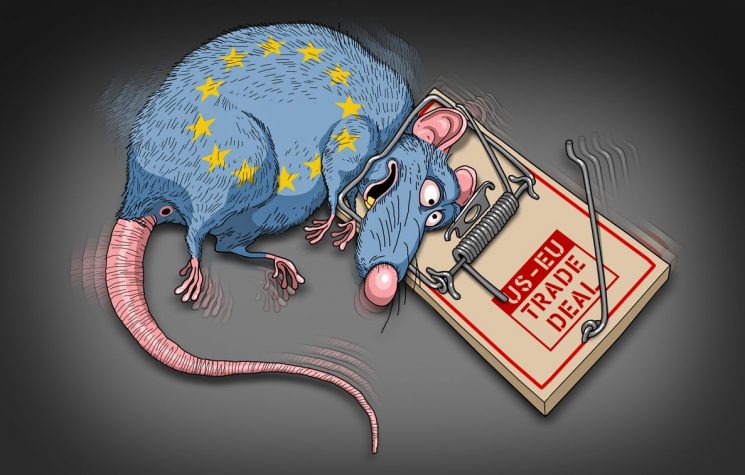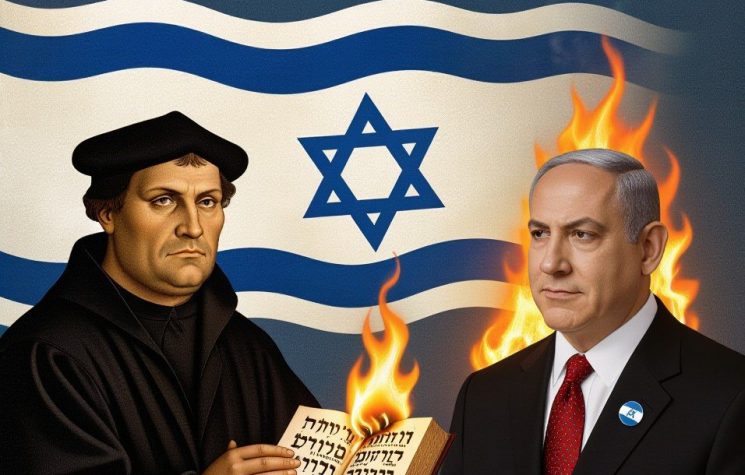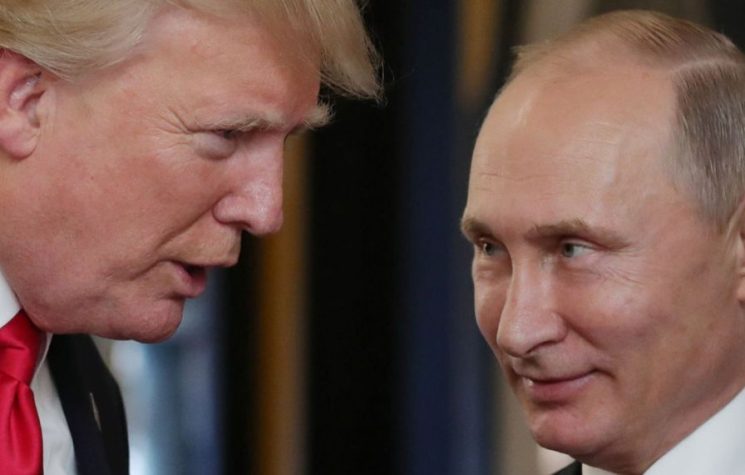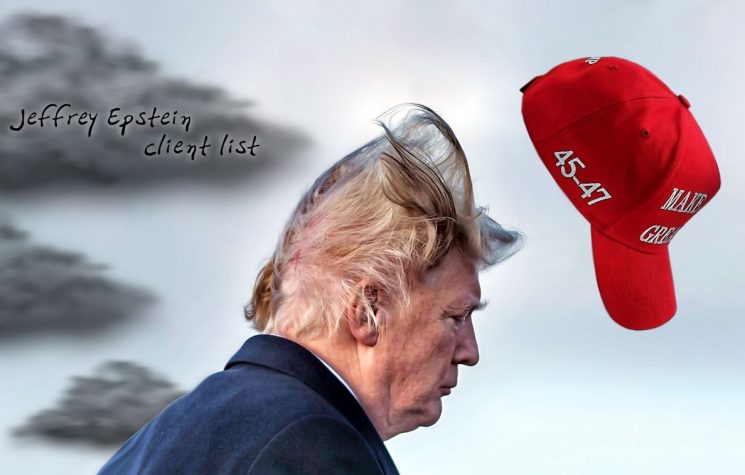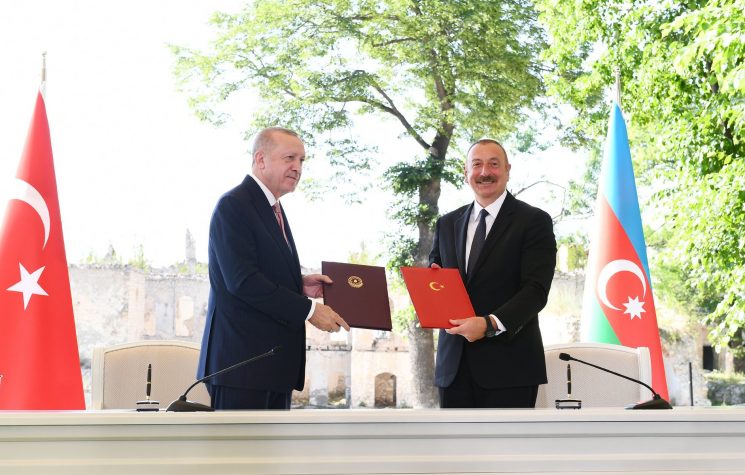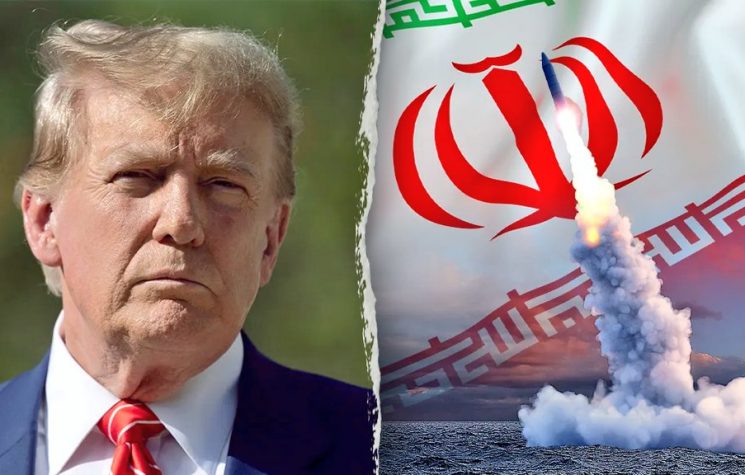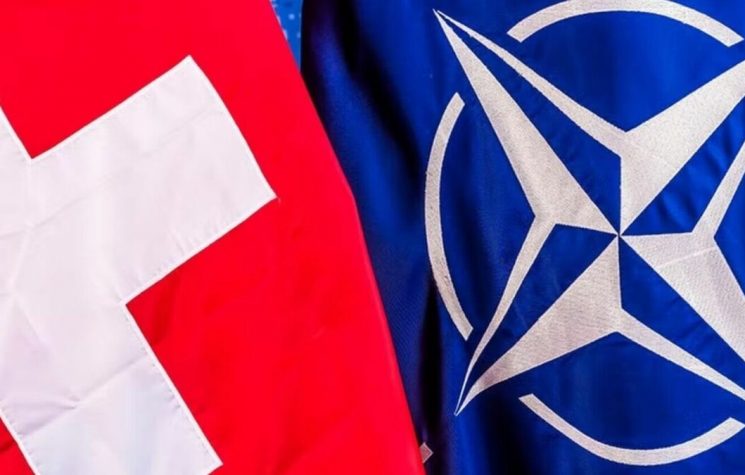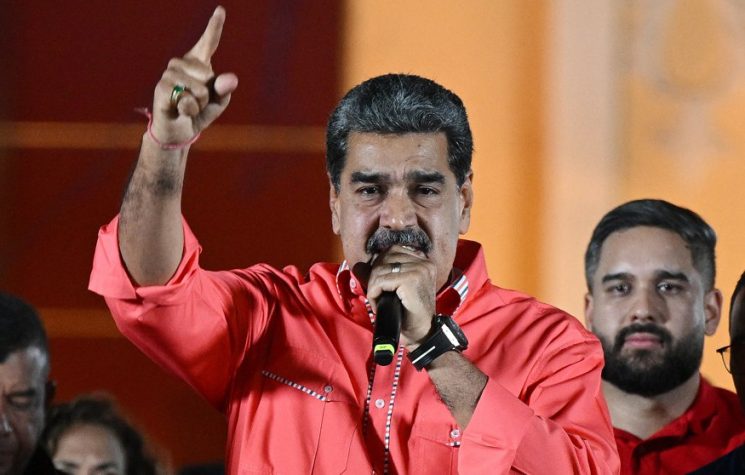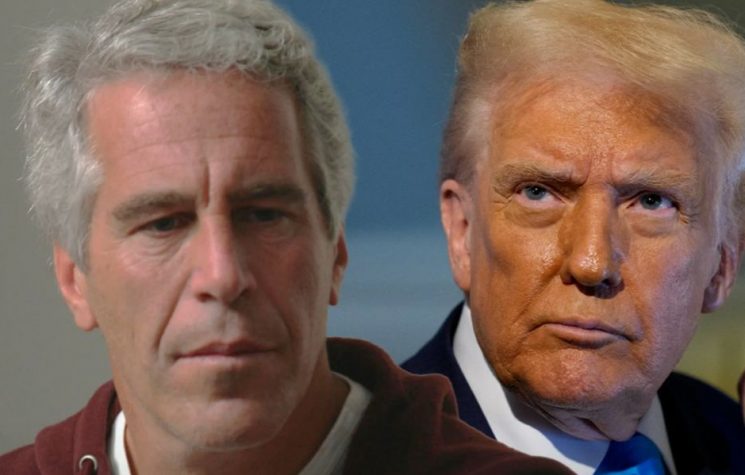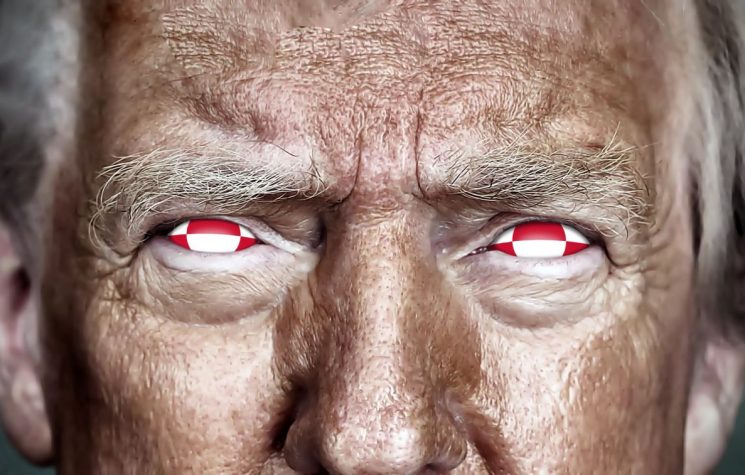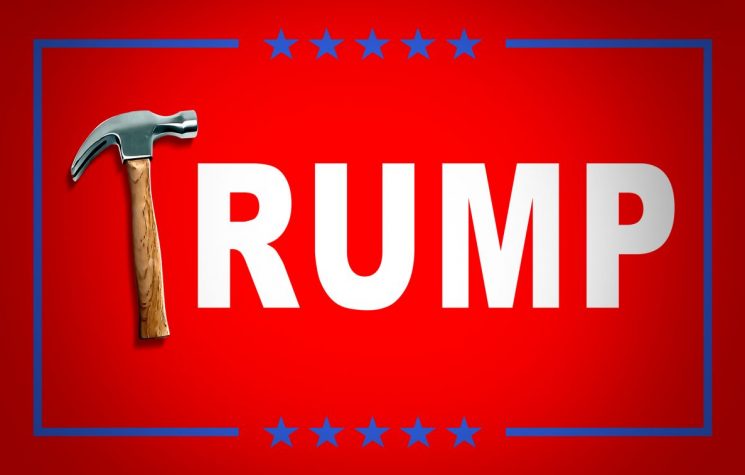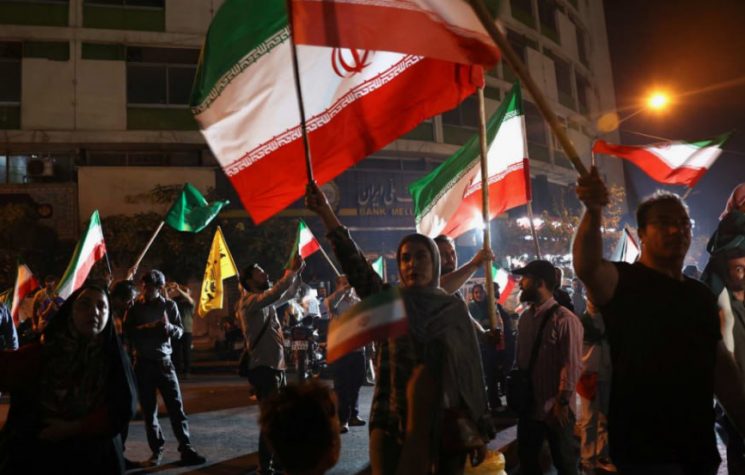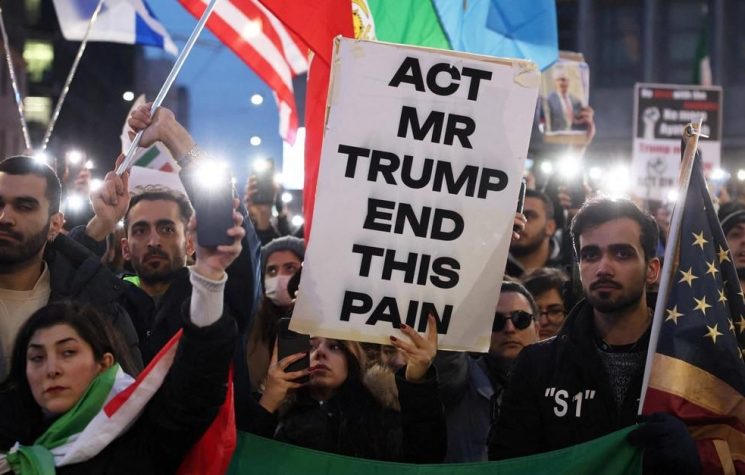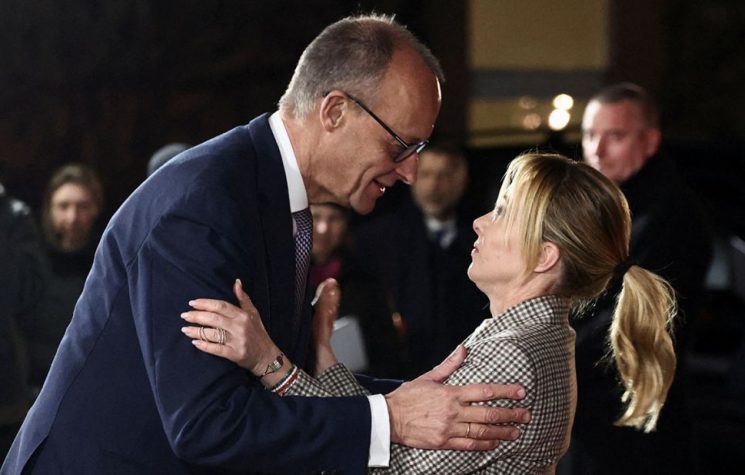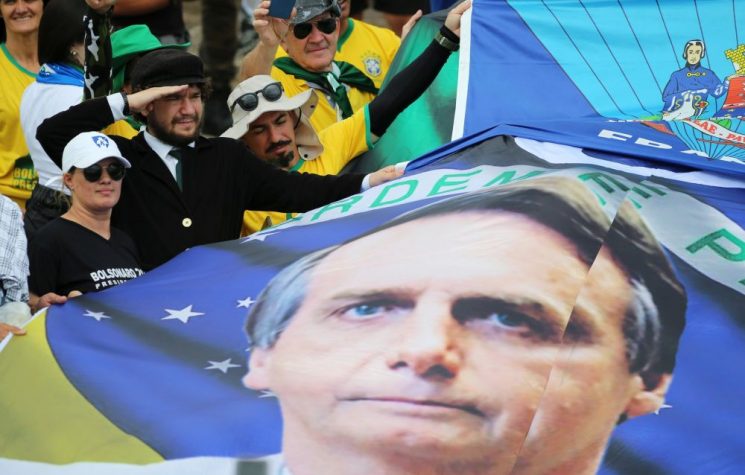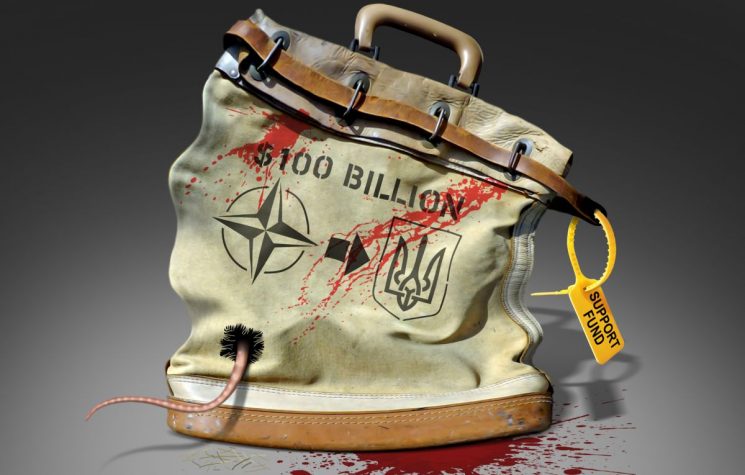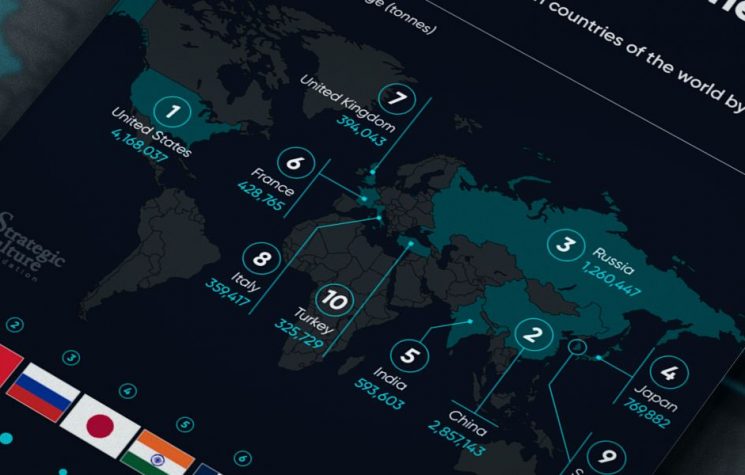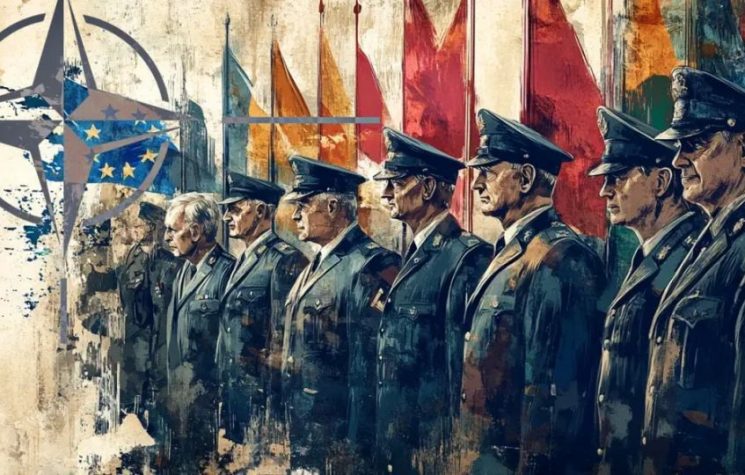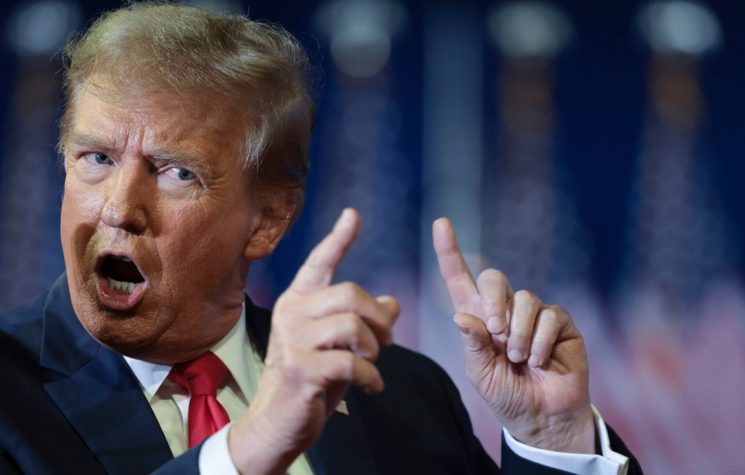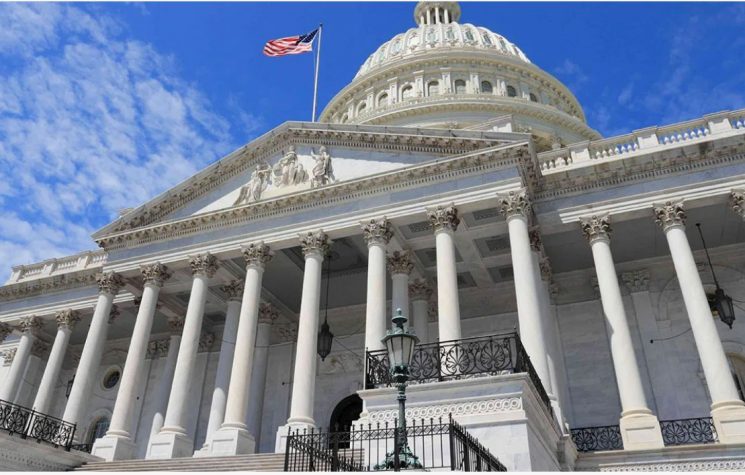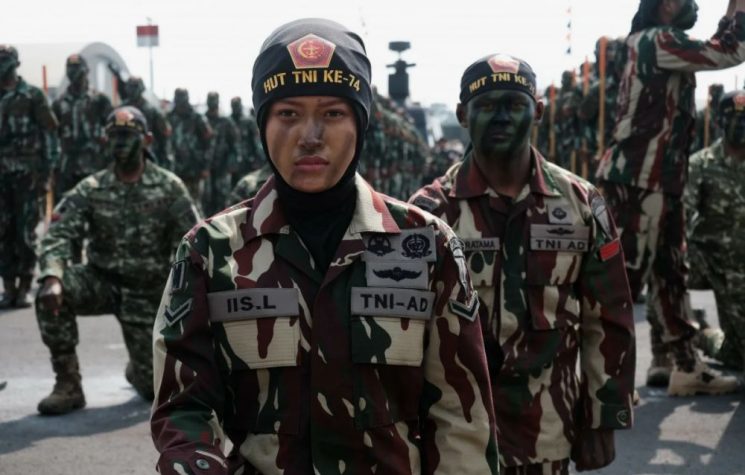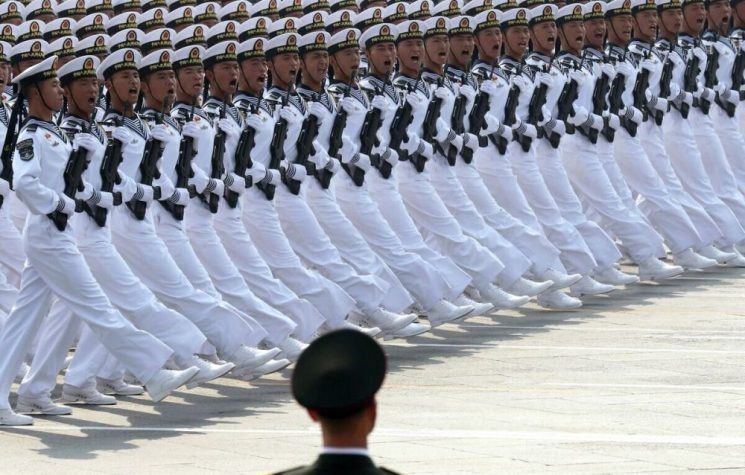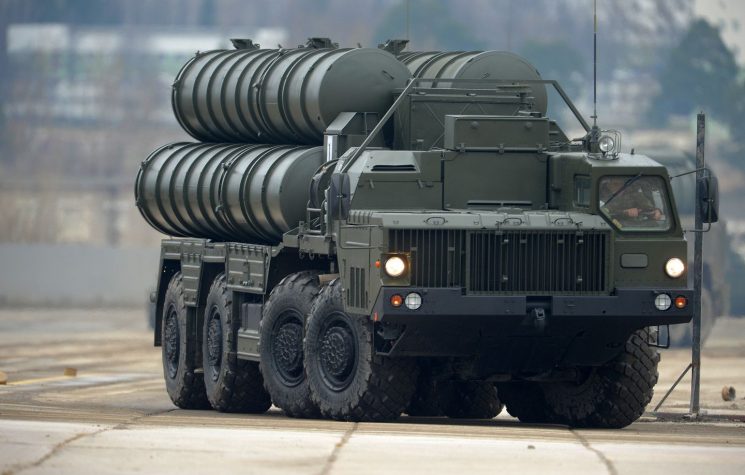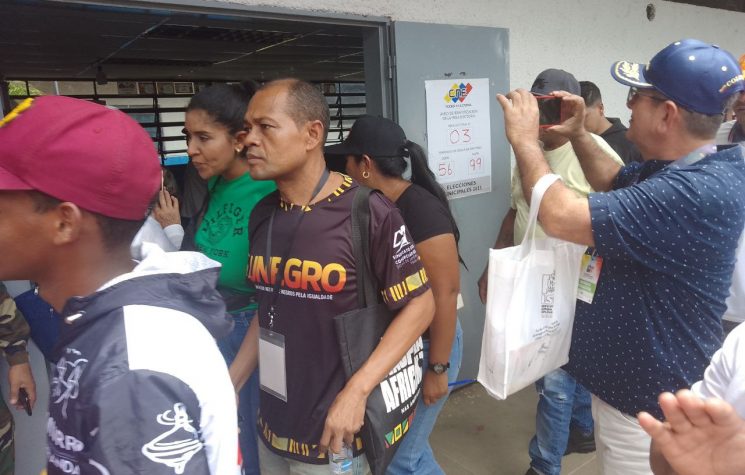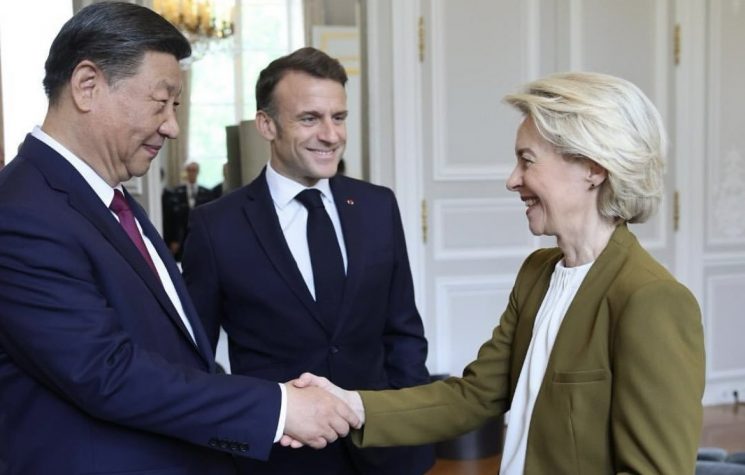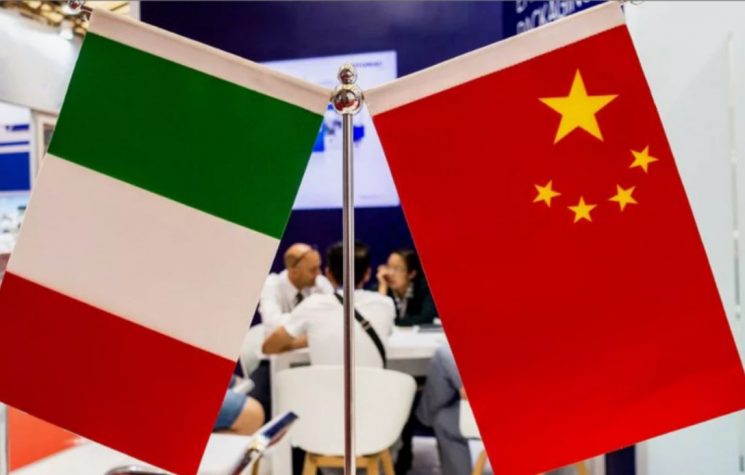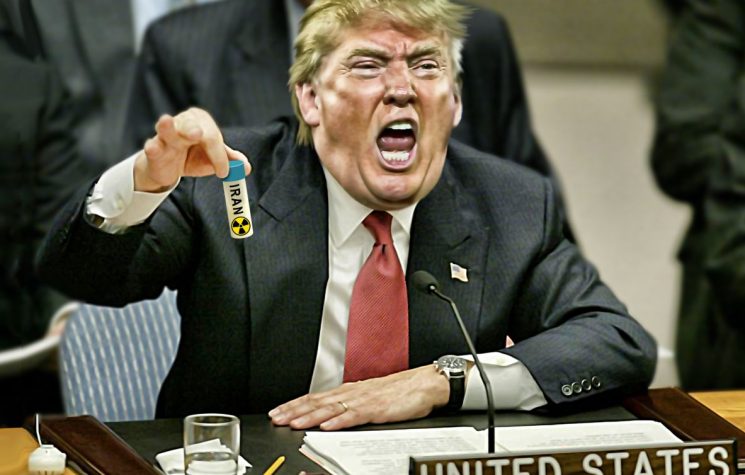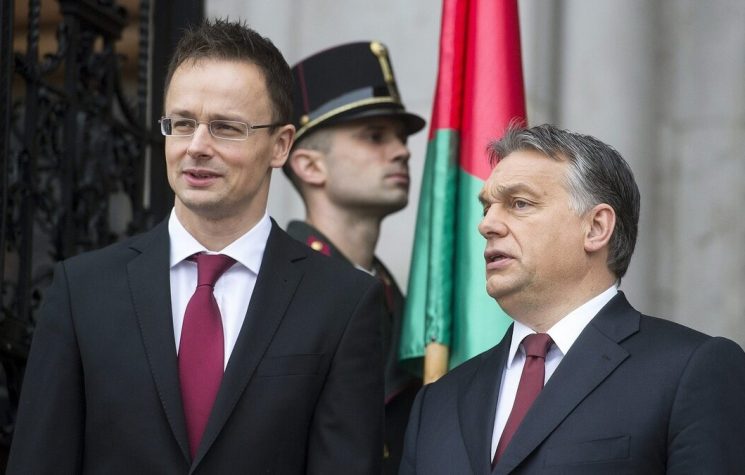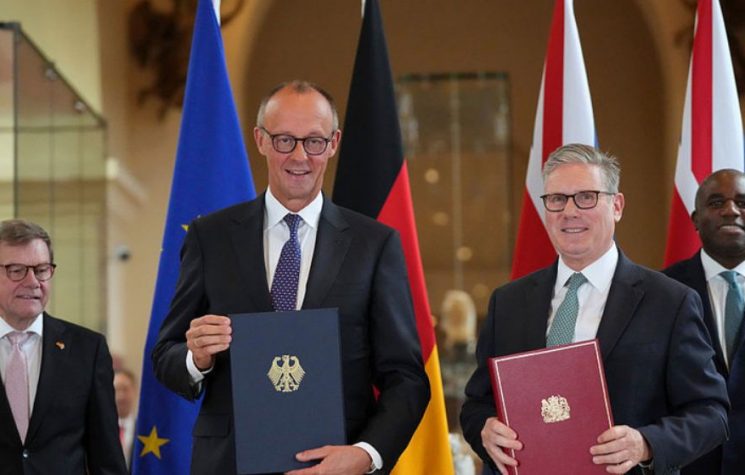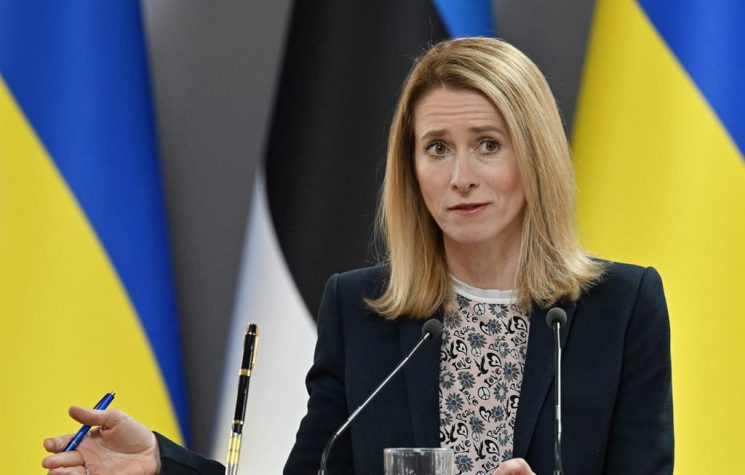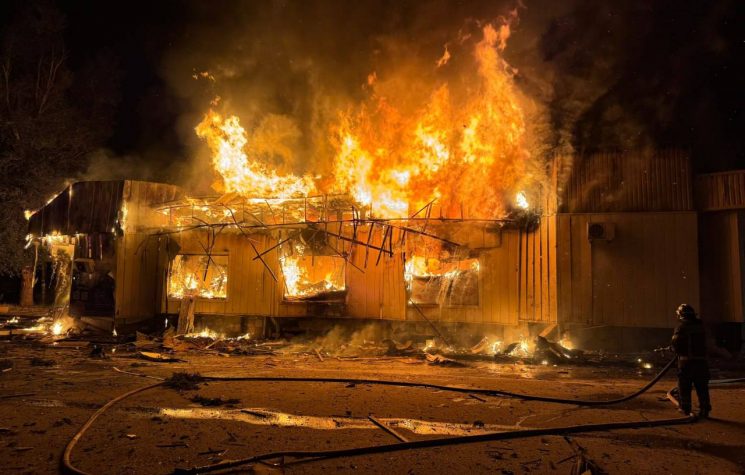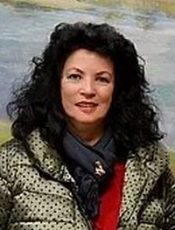Examples of EU leaders show that at least some of them may be lying and cheating because they are on drugs, most likely cocaine, a plausible explanation.
Join us on Telegram![]() , Twitter
, Twitter![]() , and VK
, and VK![]() .
.
Contact us: info@strategic-culture.su
In recent times, it has become apparent that the European elites – by which I mean politicians, as well as the heads of large international organizations such as NATO or the European Union (EU) – are making increasingly absurd and insulting statements. They seem detached from reality, having completely lost touch with their populations. Certain Western media outlets further amplify these bizarre pronouncements, reporting them uncritically without challenging their leaders’ behavior or providing meaningful analysis.
Before delving deeper, let’s examine some recent examples of the “strange” conduct exhibited by Western politicians, elites, and media.
The most glaring example is NATO Secretary-General Mark Rutte, the former Dutch Prime Minister (who held office for 13 years). His behavior during the NATO summit on June 24–25 – hosted for the first time in The Hague – was so peculiar that Dutch media described it as a spectacle. The event plunged The Hague, and nearly the entire country, into a quasi-lockdown.
The Western world seemed to hold its breath as U.S. President Trump arrived in The Hague. While no one knelt before him, Rutte attempted what he called a “charm offensive.” According to Western media citing psychologists, Trump’s unpredictability supposedly requires excessive flattery to sway him.
But Rutte went too far, making himself and the Netherlands look ridiculous by referring to Trump as “Daddy” during discussions on Iran and Israel. In reality, the U.S. focused solely on Iran and Israel at the summit, leaving Ukraine to the Europeans. Rutte portrayed Trump as a paternal figure maintaining “world peace,” even proposing – alongside others – that Trump be awarded the Nobel Peace Prize. Ironically, Rutte himself, as NATO’s chief, appears to have abandoned diplomacy, preferring instead to leave that to the Russians.
The second incident occurred shortly after the NATO summit in Brussels, when Rutte gave an interview to Fox News. Still under Trump’s spell – and perhaps still enamored with “Daddy” – he launched into an unhinged tirade against the Russians, insulting them on live television.
He mocked Russian Foreign Minister Lavrov, declaring, “Nothing useful has come out of his mouth since the birth of Jesus Christ. Let’s not pay too much attention to him.”
At the end of June, during the twelve-day conflict between Israel and the U.S. against Iran, German Chancellor Merz made another “strange” statement – one that, in Europe’s more diplomatic past, would have sparked outrage and calls for his removal, much like Rutte.
In an interview with German media, he said: “Israel and Ukraine were performing the Drecksarbeit (‘dirty work’) for Germany and Europe. It would be good if this mullah regime came to an end.”
But the absurdity doesn’t stop there – it unfolds like a bad soap opera. A viral video from last May showed French President Emmanuel Macron hiding a white object (resembling a small bag) during a train meeting with British Prime Minister Keir Starmer and German Chancellor Friedrich Merz. Online speculation ran wild, with many suggesting it was cocaine.
The clip captured Macron sweeping the object off the table with his right hand before concealing it in his left under the table. Predictably, EU and French “fact-checkers,” along with the Élysée Palace itself, swiftly dismissed the claims, insisting it was merely a napkin or something equally innocuous.
How did rumors of cocaine use among European elites gain such traction? The first suspect, of course, is Volodymyr Zelensky, Ukraine’s actor-turned-president (who, having lost his mandate, now governs illegitimately). His erratic behavior during last March’s White House meeting with Trump – rolling his eyes and staring blankly – only fueled suspicions.
Mark Rutte is another likely candidate, given his Dutch origins. The Netherlands, often dubbed Europe’s “narco-state,” is home to the notorious “Mocro Mafia,” a ruthless drug syndicate collaborating with the ’Ndrangheta. Synthetic drug trafficking has become so normalized that it’s now part of the “upper world” – effectively blurring the lines between the underworld and legitimate society. A soap opera has even been made about it.
It’s hardly surprising that Dutch politicians, forced to perform daily in the theatrics of the House of Representatives – where much is said but little is done – might turn to cocaine. During the COVID-19 crisis, Deputy Prime Minister Hugo de Jonge faced allegations not only of personal cocaine use but also of his family’s involvement in promoting AstraZeneca’s vaccine. Drug dealers were even spotted conducting business with parliamentary staff outside the legislature.
During 2020’s weekly press conferences, Rutte and de Jonge often appeared before cameras “sniffling” and spouting incoherent statements, further eroding public trust and sparking protests against pandemic measures.
The widespread suspicion that many Western leaders use cocaine is also fueled by their bizarrely intense physical greetings – excessive hugging and “sticky kisses” – now commonplace in EU press coverage.
Corruption, too, runs rampant, particularly within the EU. Several right-wing parties have filed a no-confidence motion against Commission President Ursula von der Leyen, accusing her of concealing – or outright deleting – text messages during the COVID-19 pandemic. These messages allegedly prove she accepted bribes from Pfizer to purchase excessive vaccine doses. But she isn’t alone.
In 2022, Dutch media revealed that Mark Rutte, like von der Leyen, had a habit of deleting his texts, forwarding only select messages to staff under the guise of “real-time archiving.” A more accurate term would be “real-time destruction.”
Mark Rutte also clearly had something to hide. With Ursula von der Leyen it was the Pfizergate, with Mark Rutte it was the so-called “childcare benefits affair”, in which thousands of children had been placed outside the home due to incorrect calculations by the Dutch tax authorities.
Before the “cocaine on the train” scandal, French President Macron faced another controversy. During a televised special titled Ocean Emergency, he made misleading statements in an attempt to cover up what has now become a full-fledged state scandal in France. After dismissing “environmental preaching” in regional press, Macron proceeded to lie outright to journalists, UN delegates, and viewers, according to French media and NGOs.
The issue? On the eve of World Oceans Day, Macron pledged “major announcements” and “clearly identified zones” protected from destructive practices like bottom trawling.
The press handout from the French Ministry for Ecological Transition was distributed on the evening of June 8 with an analysis stating that the government planned to designate 4% of the waters of continental France as “highly protected” by the end of 2026.
But it turned out that the areas designated as “highly protected”, where bottom trawling would be banned, were located… in areas where bottom trawling was already banned.
These examples of EU leaders show that at least some of them may be lying and cheating because they are on drugs, most likely cocaine, a plausible explanation. Maybe they are so intoxicated that they may not know what they are saying or doing. I am not going to claim that all Western politicians are on drugs. But many of the ones I mentioned, except probably Ursula von der Leyen and Friedrich Merz, are simply fascists. The rest could be on drugs, that would explain their strange and uncontrolled behavior.

























